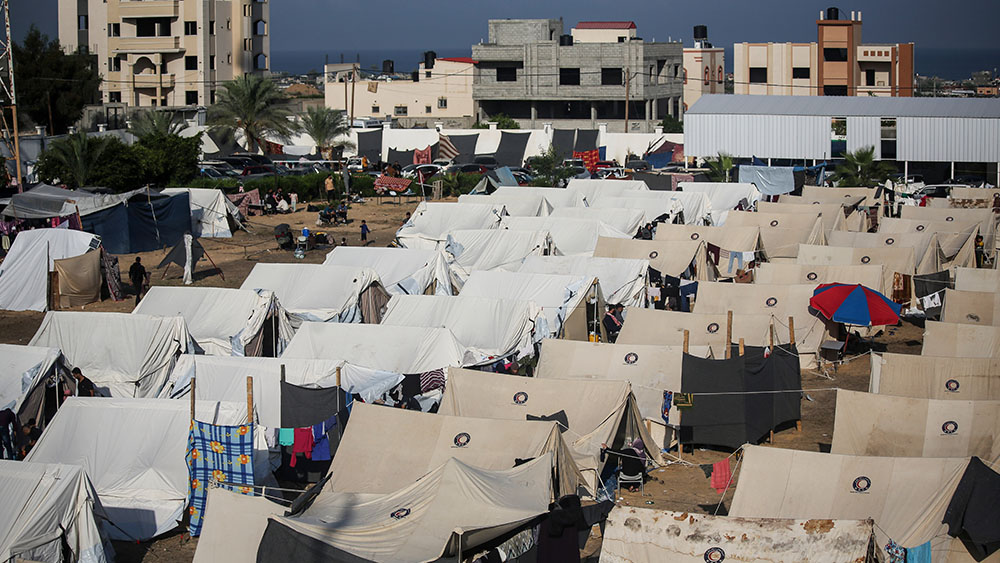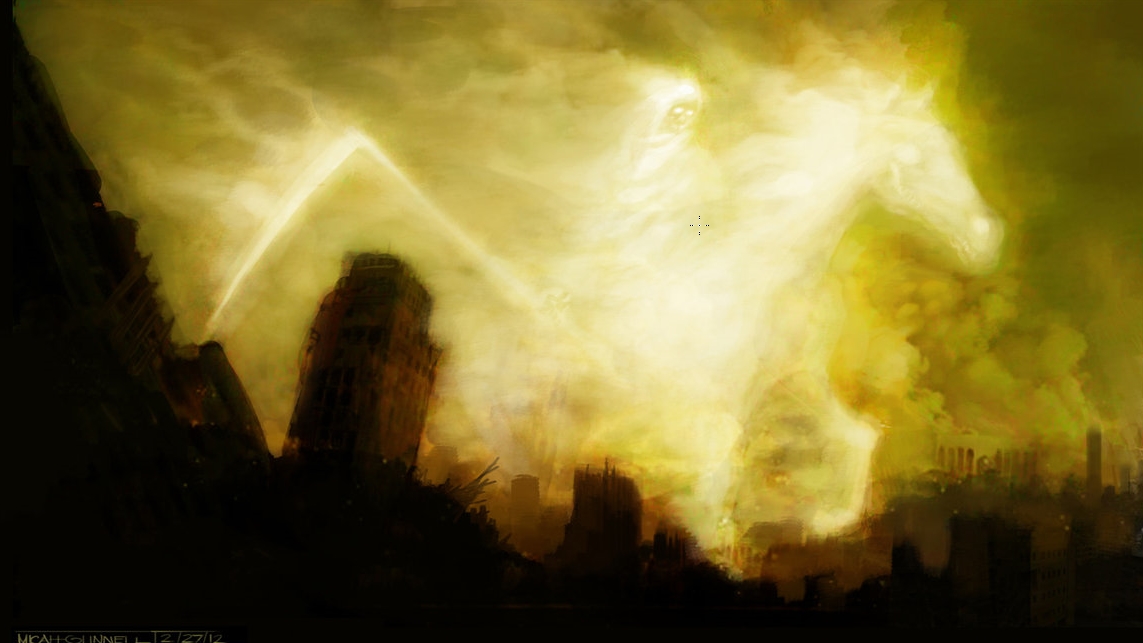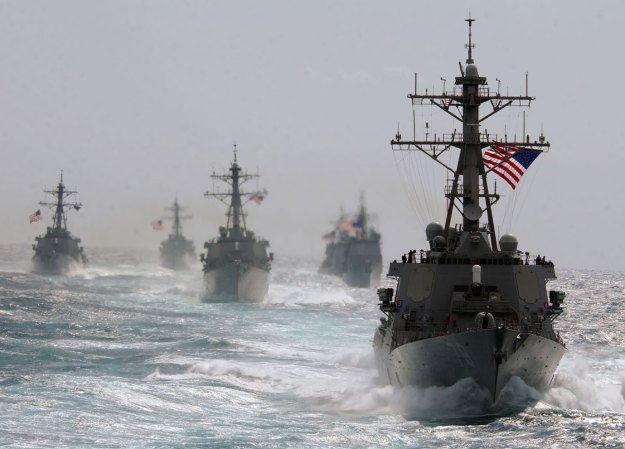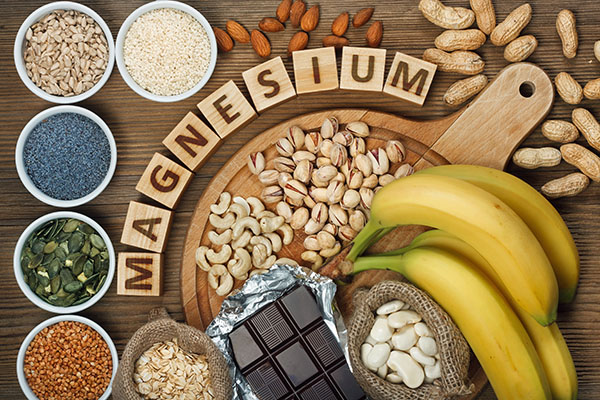How my family has survived the famine in Gaza
By newseditors // 2024-11-25
Tweet
Share
Copy

For months, residents of northern Gaza have been living in extremely harsh and inhumane conditions. The situation has worsened recently. Initially, our goal was to find food, but now even finding clean drinking water is considered a stroke of luck.
(Article by Soha Ahmed Hamdouna republished from Mondoweiss.net)
One woman recently told me while we were waiting in line for aid, “Days have passed, and I could only get bread and water for my children. Waiting is killing me; I hope every moment that this war will end. Getting a chicken is a dream for my children and me right now.”
All the poultry and livestock farms have been targeted. My friend Iman Najm witnessed a massacre when she was staying with her family in a poultry and cattle farm owned by her relatives. In the middle of the night, it was struck by a missile. Iman woke up to screams and blood everywhere. Not a single chicken or cow was left; even her uncle was martyred in the massacre. It has been some time since it happened, but we cannot forget Israel’s crimes that affect humans, plants, and animals alike. The land became saturated with blood and rocket ash, and the farms now stand as silent witnesses to this catastrophe.
What hurts me more than my hunger is seeing my children asking for food and clean water. We live in times where even finding vegetables is a dream. I won’t even mention fruit, as it has become a distant luxury we cannot afford to think about. Yet the Palestinian spirit to persevere is strong. Let me share with you what I went through just to get a few tomatoes.
We don’t have land or space for farming, but we used my grandmother’s beautiful home, which was destroyed by Israeli bulldozers. She was eighty years old, had suffered from a stroke, and was paralyzed on her right side for seven years but still she refused to leave her home and land. But on the morning of October 29, 2023 during the raid near al-Shifa Hospital, her home was bombed and bulldozed. She and my uncle died amid the sounds of terror, bombing, and destruction. Her land was now empty—our memories of her beautiful house had been stolen.
We overcame this and tried to adapt amidst the ruins. Three months ago, my husband planted tomatoes where her house once stood.
My husband planted tomatoes, and only three grew. They are the best we have—or rather, they are all we have, along with flour. We consider ourselves fortunate because there are people without even a tomato, surviving only on canned food that have caused intestinal infections, and weakened our frail bodies.
There have been no serious attempts to resolve this famine. Empty stomachs have no voice amid the extermination happening in the north, with bodies in the streets and dead animals lying on the roads. This is our reality in northern Gaza: we pass the days among ruined walls and land unfit for farming due to ashes and chemical residues from missiles, instead of nurturing vegetables and fruits.
Hunger in the north has become a common language among everyone, sparing neither young nor old. A seventy-year-old neighbor told me, “I don’t even have flour because I don’t have the strength to stand in line for hours to get a little of it. I live with my grandchildren, whose father was martyred, on scraps of bread left by others. I soak it in water to make it easier to chew.” His words deeply affected me, and I cried before him. I offered him words of patience, saying that every war has an end and that freedom is near. I remembered him when I received some lentils as aid the next day; I gave him a hot dish, and his heartfelt prayers gave me strength and patience.
One woman told me while waiting in line for medicine for my daughter, who suffers severe stomach pain from contaminated water, “We have wasted our time and days just waiting in lines to get basic necessities like food, water, and medicine.” She told me that I am lucky because I only have two children, while she has five and puts in much more effort to get enough water and canned food.
We are now living through the harshest chapter of our lives, as winter has arrived with empty stomachs, cold bodies, and partially destroyed homes or tents that give us neither security nor warmth; inside, it is colder than outside. The hardest part is seeing our children suffer from illness, cold, and hunger, while all we have is patience and prayers. Our once beautiful bodies have turned thin, with pale faces.
At night, the doors close, silence fills the place, and all we hear is the sound of warplanes in the sky. We sit close to one another, offering each other comfort and looking up to the sky with prayers to wake up to the good news that the war has ended.
I just want to wake up feeling safe to save what remains of my homeland. I don’t want my children to die of hunger, nor do I want their dreams to be reduced to a roasted chicken or a delicious meal we used to prepare with love before the war. We just want food and a day like the days before October 7. We are in a daily battle for survival and on a very long journey of patience and suffering.
Read more at: Mondoweiss.net
Tweet
Share
Copy
Tagged Under:
collapse Xpost national security food collapse hunger Israel starvation food supply famine genocide big government democide insanity truth current events chaos dangerous Palestine humanitarian WWIII food rationing food scarcity Gaza Israel-Hamas war Holy War
You Might Also Like
Mike Adams Sermon 52: The 7 SEALS in the Book of Revelation
By Kevin Hughes // Share
Texas border officials discover unaccompanied 4-year-old girl smuggled from Central America
By Richard Brown // Share
U.S. Navy destroyers successfully repel Houthi missile and drone attacks in Gulf of Aden
By Richard Brown // Share
Ukraine pushes for NATO membership as lawmaker calls for NUKES
By Ramon Tomey // Share
Mike Adams: The West has LOST ITS HEGEMONIC RULE over the world
By Kevin Hughes // Share
Recent News
How air pollution rewires young brains – and how parents can minimize the damage
By isabelle // Share











